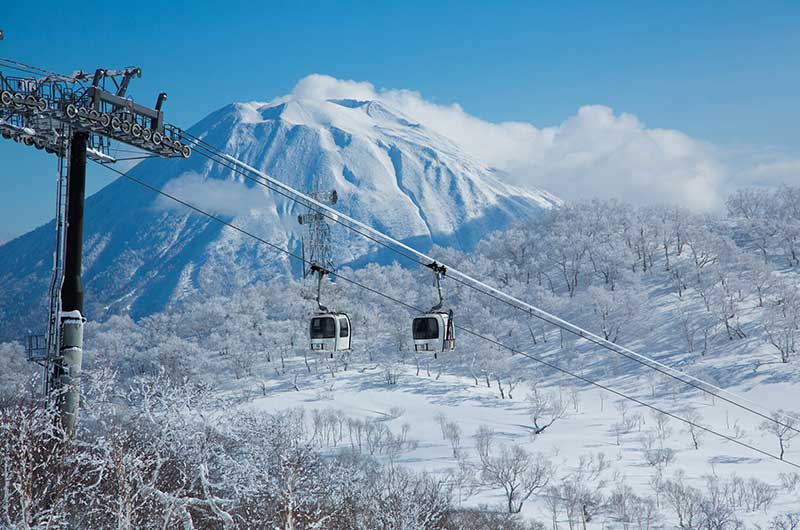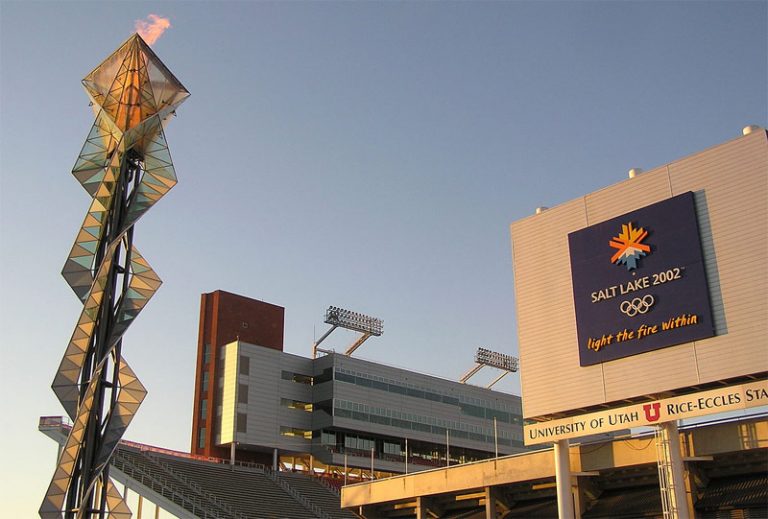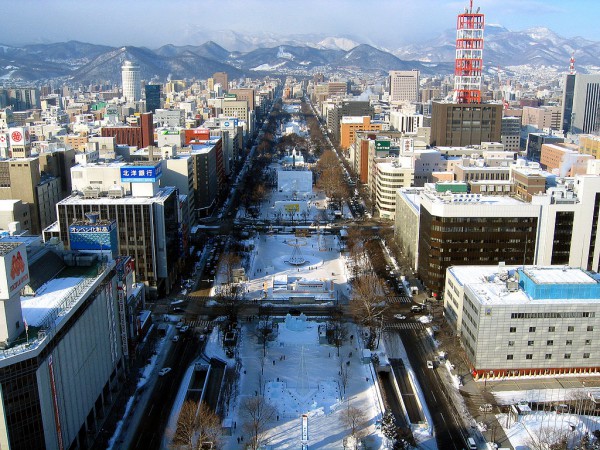Sixty percent surveyed across Japan and 50 percent in Hokkaido say they support provincial capital Sapporo’s bid to host the 2030 Olympic and Paralympic Winter Games.

The poll, released Thursday by Jiji Press and conducted by its affiliate Central Research Services Inc. revealed that 29.9 percent of respondents in Japan said they “support the idea” and 30.3 percent are “relatively on board with the plan.”
The 50 percent support in Hokkaido is a boost from an April 2 poll conducted by newspaper Asahi Shimbun then indicating only 38 percent across Hokkaido backed the bid. The Sapporo 2030 Olympic bid suspended “momentum building activities” in December when public support dropped to as little as one-third as officials tried to administer damage control in the wake of the growing Tokyo 2020 bid rigging and bribery scandal that led to the indictment of Dentsu officials.
The latest numbers reveal that the impact of the scandal may be fading in the minds of residents. But time is running out in the city’s quest to host the 2030 edition, despite newly elected Sapporo Mayor Katsuhiro Akimoto’s strong desire to file a bid. The International Olympic Committee (IOC) repeated plans Wednesday that it hopes to advance qualified regions to targeted dialogue in December and aim for an election in July 2024 during a Session just ahead of the Summer Games in Paris.
IOC rules dictate that if a referendum is required by a potential host, it must be held before the region can be considered for election.
The IOC also confirmed that Sapporo is among five regions currently in continuous dialogue for a future Winter Games along with Salt Lake City, Sweden, Switzerland and Vancouver. A unnamed sixth city is also poised to enter the race.
Two weeks ago, however, the Japanese Olympic Committee (JOC) apparently dropped support for 2030 plans but offered to partner with Sapporo or another Japanese city that might plan to bid for the Games in 2034 or later.
Earlier this week the Sapporo city government drafted a plan to establish a third-party body to monitor a potential Olympic bid and organizing committee with the goal of preventing scandals like that of Tokyo 2020, and another that has recently emerged for the Paris 2024 Games. According to Yomiuri Shimbun, sources have said the new body would have access to materials that have not been disclosed by an organizing committee, and would try to reduce dependence on advertising agencies.
Bids not ready for 2030 have remained in ongoing discussions after the IOC last December teased that they may allocate both the 2030 and 2034 Games at the same meeting in 2024, and they could then establish a permanent pool of rotating host regions. These decisions will be made alongside a climate capability study that will be heard by an IOC Session in Mumbai, India October 15-17.
Developments in Sapporo seem to point to a post 2030 bid, along with Vancouver where officials this week confirmed that all work for 2030 has stalled after the Provincial government denied support. Salt Lake City has already made clear that it prefers hosting in 2034 to build a larger gap following the Los Angeles 2028 Summer Games that will help maximize revenue potential.
Sweden and Switzerland are newcomers to the race and are currently top prospects to host the 2030 edition, however, they are far from becoming official candidates. Salt Lake City has offered to stage the Games in 2030 if no other interested region found.


